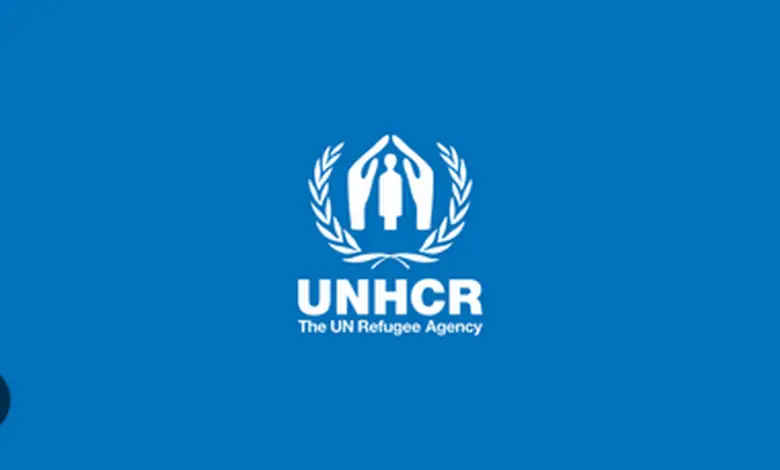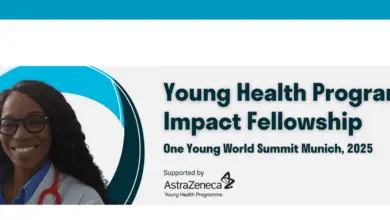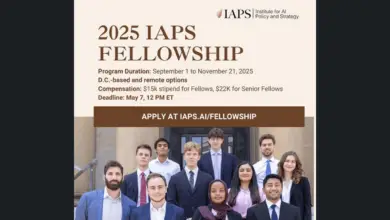Applications are open for the UNHCR 2025-2026 Legal Fellowships in the United States

Closing Date: 31 October 2024
Applications are open for the UNHCR 2025-2026 Legal Fellowships in the United States
Background
UNHCR, the UN Refugee Agency, seeks several post-graduate legal fellows to work full-time in the U.S. based Protection and Solutions Unit (PSU). The Legal fellowship has a duration of one year, starting in September 2025. UNHCR is recruiting these legal fellows to work with various teams within PSU, including resettlement, law, protection policy and practice, and the southern border team. UNHCR will work with each selected fellow to craft a portfolio of work that will provide considerable opportunity for professional development while contributing to UNHCR’s strategic objectives. Each fellow is required to obtain external funding for the full duration of their fellowship and should indicate in their initial application how they intend to seek that funding.
UNHCR’s PSU team serves asylum-seekers, refugees, and stateless persons who are in the United States or seeking to enter the United States. PSU seeks to ensure that U.S. law and policy is aligned with international refugee law and works with stakeholders throughout the country to ensure protection for asylum-seekers, refugees, stateless people, and others. In resettlement, UNHCR focuses primarily on three different areas of engagement: a) global refugee populations, b) refugees identified for resettlement in the Caribbean region, and c) reception and integration of refugees in the United States.
UNHCR Fellows during the 2025-2026 Legal Fellowship cycle are anticipated to be based in Washington D.C.; however, a fellow working with the southern border team may exceptionally be based at the border office in San Diego as deemed appropriate.
PSU Fellowships
The UNHCR fellows’ work will fit within PSU’s overall strategy. PSU provides comments on proposed legislation and regulations, submits amicus briefs on select international legal issues, and monitors U.S. government compliance with international standards. In addition, PSU advises the U.S. government on improving the domestic asylum system both at land borders and within the United States. PSU also focuses on regional protection issues, i.e. in the Americas (including Haitian and Cuban maritime interdiction issues), following U.S. diplomatic engagement with other asylum countries throughout the hemisphere, as well as related bilateral and multilateral initiatives.
UNHCR Fellows’ areas of potential thematic engagement include:
• Law and policy analysis at the intersection of international and domestic law: the fellow will support the team that aims to bring U.S. domestic law on refugee and asylum issues in line with international standards. Work can include engagement in international treaty body reporting, strategic litigation, and regulatory comment.
• U.S. asylum reform: the fellow will support PSU’s asylum reform efforts with the aim of improving the fairness and efficiency of the system. The work will draw on international standards, relevant UNHCR doctrine, global good State practice in asylum case management, and current UNHCR operational engagement in the United States and in other parts of the world
• Regional protection policy: the fellow will support PSU’s growing work on protection policy and practice with UNHCR operations in Latin America (as relates to links to U.S. border policy); US maritime protection and Northern Caribbean policy and practice; and the interplay between U.S. border arrivals, U.S. domestic responses, and U.S. regional engagement with Latin American states, particularly Mexico, Costa Rica, Panama and Colombia. Fluent Spanish is required.
• Protection and reception at the U.S. Southern Border: the fellow will support a dynamic presence along the U.S. southern border and contribute to analyzing border policies and their impact on the interior. The fellow will be integral in coordinating with legal services providers at the border, linking closely with D.C. colleagues for a strategic engagement. The fellow will prepare for and engage with civil society and county, city, and state governments. Additionally, the fellow will join the team in communicating the impact of policies on asylum-seekers, promoting best practices on protection and solutions for asylum-seekers, and monitoring and reporting on recent developments.
• Resettlement and Complementary Pathways: the fellow will support primarily with facilitating resettlement of refugees out of the Northern Caribbean. The fellow will conduct protection assessments for persons of concern located in the Northern Caribbean and conduct country of origin research. The fellow will complete resettlement interviews with refugees and draft Resettlement Registration Forms, including drafting a legal analysis of the refugee claim, to be submitted to various countries to advocate for their resettlement. The fellow will be involved with direct communication and some case management, as well as tracking and monitoring of cases. The fellow’s role could also extend to support in resettlement policy and legal research, as well as tracking of resettlement regulations, policy, and practice. Spanish and/or Haitian Creole fluency are desirable.
Qualifications and Experience Required
When submitting an application, prospective fellows are encouraged to detail their experience in the immigration and refugee field as well as which skills and substantive areas of knowledge they wish to develop during their fellowship period. Fellows:
• Must be a 2025 degree candidate or recent graduate from a U.S. law school.
• Must have completed coursework in international law; refugee law; and/or human rights; additional coursework in U.S. immigration law preferable.
• Preference for experience in U.S. asylum; refugee law; and/or other topics related to refugees, asylum-seekers, and statelessness.
• Experience with legal clinics in law school, or other forms of direct service experience with asylum-seekers or statelessness would be particularly helpful.
• Fluent Spanish is essential for fellows working on regional protection policy issues and highly desirable for other areas of work. Haitian Creole is highly desirable for the resettlement and complementary pathways area of work, although not a requirement.
• Excellent oral and written communication skills.
• Detail-oriented, with strong research and legal analysis skills.
• Self-directed, with ability to multi-task and prioritize with minimal supervision.
Terms of Fellowship
• Candidates must demonstrate a guaranteed funding source for the one-year period of the fellowship in their cover letters. If funding is conditioned to being selected for the fellowship, candidates should indicate that in their cover letters. Candidates will not receive any form of funding or financial support from UNHCR. In recent years, many successful fellows have obtained funding through public interest post-graduate fellowships offered by their respective law schools, though funding opportunities may also exist through other organizations.
• Candidates are responsible for their housing, their legal stay in the United States, health insurance, and any other related documentation that will be required by UNHCR.
• The fellowship will begin in September 2025, or another time to be negotiated, and will last for 12 months.
• A fellowship does not create any expectation or entitlement to employment with UNHCR at the conclusion of the fellowship.
• In their cover letters, candidates may indicate their preference for a fellowship that focuses on one thematic area, or that encompasses several different thematic focus areas. Candidates may also signal in their cover letter if they have no preference and prefer UNHCR to match them with specific needs of the PSU team according to their background. Candidates who do not specify a preference will be evaluated for all fellowship positions.
Required Languages
English
Desired Languages
Haitian,French,Creole
Click Here To Apply
Follow Opportunities For Everyone on Social Media




